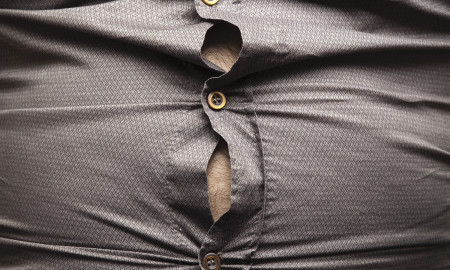“What’s the deal with Fiber?”
You’ve probably wondered that or possibly even “spoken” that exact phrase.
It’s a crucial component in my hierarchy of nutrition success and it’s important that you understand what it is and how it operates in your body.
More importantly I’ll answer the question…
What is Fiber?
In stupid simple terms (I like stupid simple) fiber is the element in plants (fruits, vegetables, whole grains) that our body DOES NOT digest. In fact, it’s not even absorbed. It’s also referred to as “bulk.”
It passes through your digestion tract and colon, intact, pushing out junk and other harmful carcinogens.
Benefits of Fiber
When it comes to nutrition, fiber seems like an after thought. It’s not the first thing that someone needs to pay attention to when starting a lifestyle change. With that said, I don’t want to down play the importance of getting enough fiber into your daily diet.
A handful of the health problems that we encounter could be caused by build up and other crap (no pun intended) in the colon. By eating enough fiber, our bodies do a much better job of digesting and passing the foods we eat. This then leads to a handful of health benefits:
Fiber can:
- Help lower LDL Cholesterol (bad)
- Slow the absorption of sugar in your blood stream (beyond crucial IMHO) which can help you maintain stable blood sugar levels, allow your pancreas to chill out, and prevent/reduce the risk of type two diabetes.
- Avoid constipation
- Provide Satiety. You’ll feel fuller and more satisfied longer which can help reduce caloric intake.
- Possibly help reduce the risk of colon cancer.
Bam! That’s all important stuff if you ask me.
There are two kinds of Fiber: Soluble and Insoluble Fiber
Soluble Fiber: This fiber dissolves in water and creates a gel like substance. This substance works to reduce blood sugar levels and cholesterol.
Examples Include: Vegetables, brown rice, beans, oats, bran
Insoluble Fiber: This fiber absorbs water (like a sponge) and moves through the digestive tract to remove waste, toxins, and crap your body doesn’t need.
Examples Include: Carrots, brussel sprouts, nuts, cabbage
So here’s the low down:
- Get roughly 25-35 grams a day
- No need to calculate them into your daily caloric intake. Focus on proteins, fats, and total carbs.
- When it comes to non starchy higher fiber vegetables I don’t have you count them against your carb total. For example 1 cup of spinach has roughly 1.1 grams of carbs and 0.7 grams of fiber. There is no need to calculate a net 0.4 to your carb total. Focus more on starchy vegetables and other sources.
As always, my goal is to get you lean. If you have any questions shoot me a message and I’ll help out.





















You must be logged in to post a comment Login